The Most Beautiful Aspect of Thailand: It's People. An Unforgettable Summer in Thailand and What Travel is All About
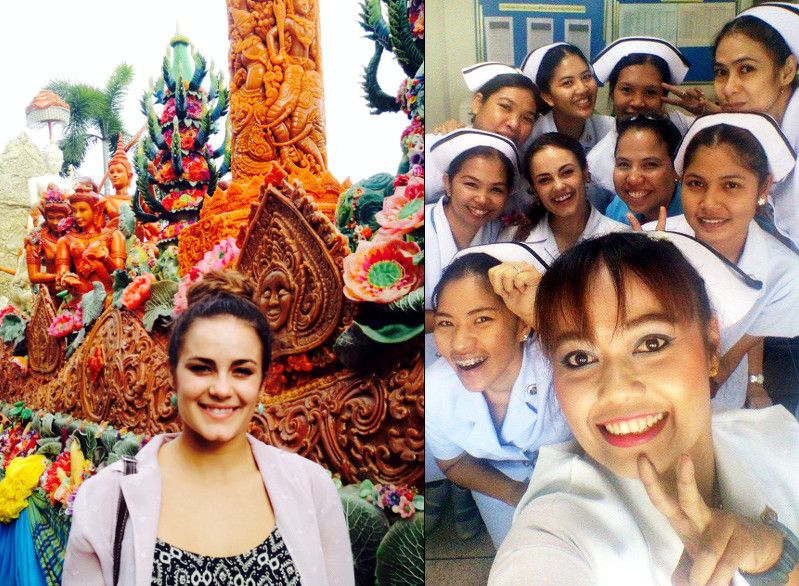
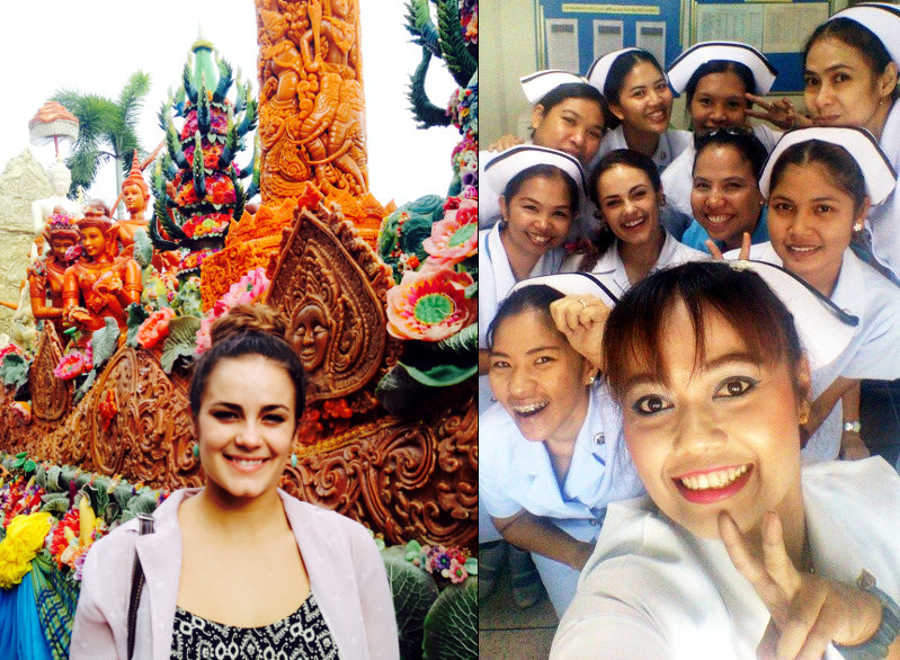
Sometimes we travel to satiate a desire for adventure; to be surrounded by the unfamiliar. Perhaps we’re ready to begin a new chapter in our lives, or maybe we’re in search of new experiences in hopes that they will bury painful old ones. The opportunity for self-improvement is always present, but it is only that; an opportunity. The influential experiences must be actively sought out, and approached with the right mentality. If you have truly grown as a result of your travels, then you have experienced one of the special joys in life.
I came to Thailand this summer to gain clinical experience in a hospital that I could not get in America. I came to see the beautiful islands and eat delicious Thai food. However, it didn’t take long to realize that these attractions pale in comparison to the most remarkable aspect of Thailand: the people.

The Thai possess a genuine inner happiness which is unrivaled by any other culture I have experienced, and it begins with their generous smile. I have been afforded the opportunity to be fully immersed in Thai culture and have gotten to share experiences with these people who have become a second family to me.
They have included me in every celebration, taught me about the Buddhist principles that guide them through daily life, taken me to some of their favorite places I never would have found on my own, explained the nature of the evolving dichotomy between the military and the King, and helped me learn the language. Learning to speak Thai sufficiently over the past nine weeks has been the single factor that has transformed what would otherwise be a very cool experience into one that I believe will have a long-standing impact on my character. My ability to speak Thai has allowed me to engage with people I otherwise only would have been able to offer a smile and simple hello, and has enabled me to make each encounter meaningful.
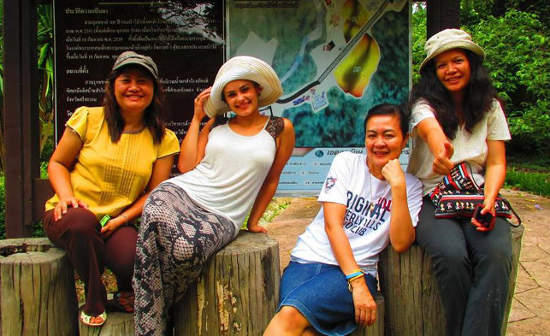
In America, we are taught that if you work hard enough, anything is attainable and you can make things work in your favor. The encouragement to create opportunities when there don’t seem to be any is one of the most admirable characteristics of American culture. But when this idealism seeps into aspects of daily life, I think it hinders our ability to be happy. If you leave for work on time but are still late because of traffic, you’re probably aggravated. If you have plans with someone and they cancel at the last minute, you’re probably irritated.
We are taught to believe in justice, fairness, and equality; these imperial ideals are great when applied to career and personal goals, but they set unreasonable expectations for our day-to-day lives
Thai people, on the other hand, have unadulterated appreciation for the things that you cannot control. Their reactions reflect their awareness of the limited capacity of mankind. They understand that people make mistakes often. Sometimes big ones. Generally speaking, they don’t exercise discretion by only forgiving mistakes of small consequence. I have seen them wholeheartedly accept apologies in situations which irritation and anger was expected, even justified.
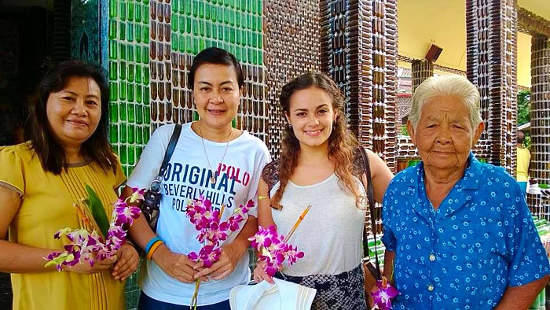
A few days ago, I was talking to a nurse I met at a hospital not too far from mine. She told me that a patient in her ward was experiencing serious medical complications because she accidentally gave him the wrong medication a few days prior. My blood pressure shot up as I imagined the scorn she must have received from the patient’s family and the hospital administration. If something like that happened in America, I can only imagine that there would be impending lawsuits, and unsuppressed anger directed at those responsible.
My anxiety morphed into awe as she went on to say that the patient and family said “mai bpen rai” which is loosely translated to “nevermind,” but meant in the literal sense — when Thai people say it (which is very regularly), they genuinely mean that you never have to worry about it again. When I told my host mom the story, she said that the reaction is very typical of Thai people. Even if the patient’s family is distressed by the situation, they don’t want the person responsible to feel guilty. This is just one instance of their capacity for compassion that I hope to emulate when I return.
In my opinion, the beauty of travel lays in people you meet and the interactions you share with them. These are the moments that are capable of shaping character development. If you are graced with the chance to travel and improve yourself, you don’t have to tell people how you have become a better person; show them. Commit yourself to remember the people who have made it special, because the most impactful moments most likely will not have been something you can capture on camera. If your motivation to travel is to improve yourself, focus on others and the rest will take care of itself.
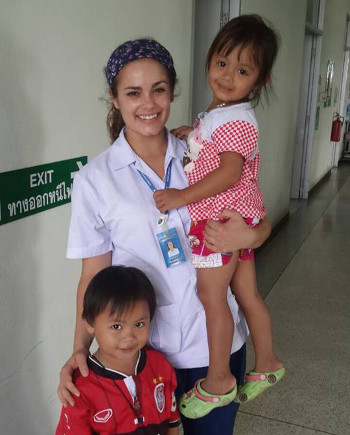
Steph is a senior at University of Maryland studying kinesiology with the intent to become a physician’s assistant. She recently returned home after spending the summer summer in rural Thailand where she worked in a hospital and fell in love with the beautiful country and its amazing people. You can read more about Steph and her travels at her blog, stephdwyer.wordpress.com, or you can reach her at sdwyer@terpmail.umd.edu!


